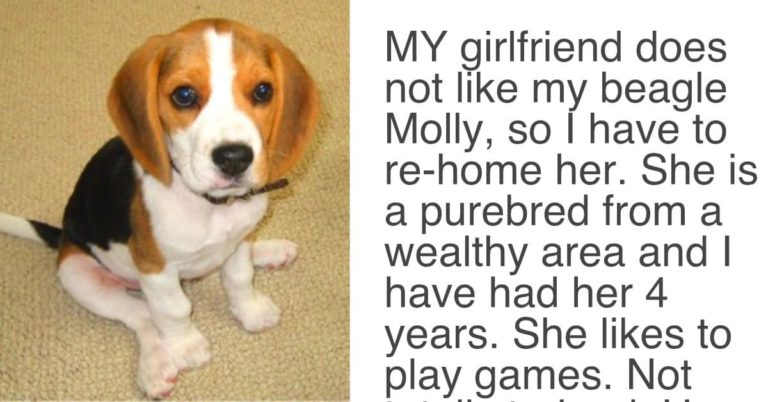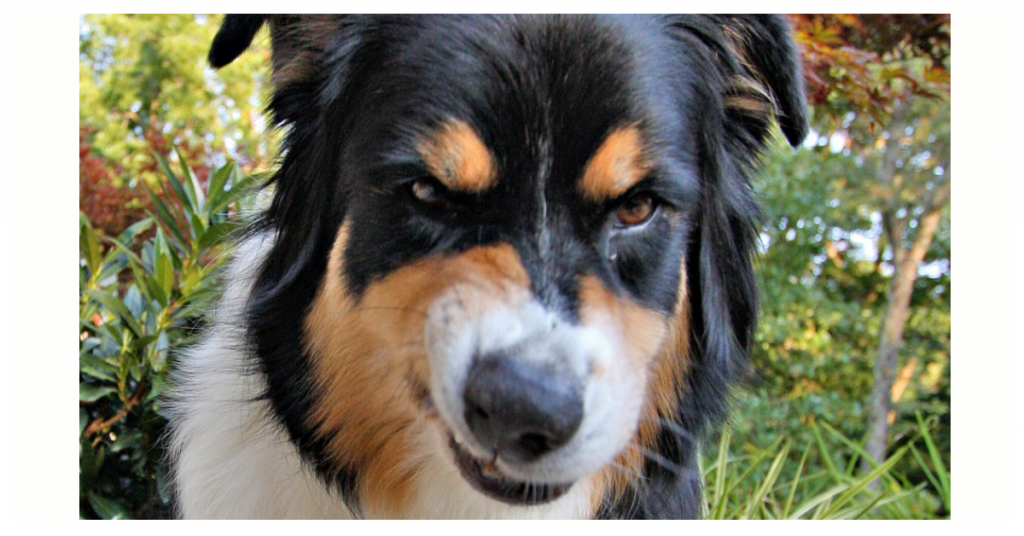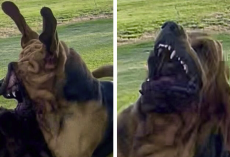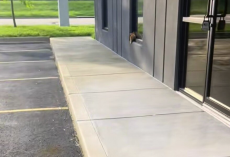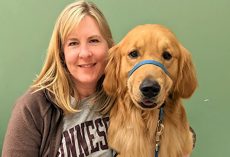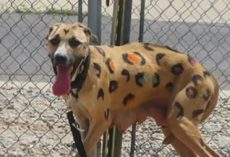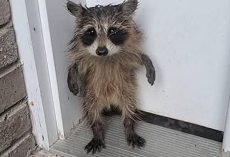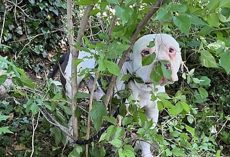Scientists Prove That Talking To Your Pet Means You’re Smart, Not Crazy
It’s official, speaking to your pet means you’re smart, not crazy. Pet owners who speak to their pets as part of their daily routine, as if they’re human too, are no longer considered ‘weird.’ Instead, they’re considered to be of higher intelligence.
Humans who greet their pets (out loud) with “Good Morning” or “How was your day today?” and then continue on to a conversation as if their pets understand them (and may even respond) are no longer pariahs. In fact, they are considered smarter than those who don’t!
Do you prefer the company of your pets over the company of (human) friends? This doesn’t make you weird or a social misfit, this makes you more intelligent, at least it does according to a study conducted by Gary D. Sherman and Jonathan Haidt at Harvard University.
The study focused on anthropomorphizing, which is the act of attributing human form or personality to things that aren’t human.
According to Nicholas Epley, a professor of Behavioral Science at the University of Chicago, “Historically, anthropomorphizing has been treated as a sign of childishness or stupidity, but it’s actually a natural byproduct of the tendency that makes humans uniquely smart on this planet,”
So, your capacity to look at your pet and regard him as your equal or as someone equivalent to your child no longer means you’re weird. WHOO HOOO!
The Harvard study took a group of people and showed them photos of baby animals and adult animals. Most of the participants claimed they would name the baby animals and use specific and appropriate gender terms. They also agreed that if they owned a baby animal, they would name him and talk to him often.
Anthropomorphizing also includes inanimate objects. So if you happen to own a teddy bear and you named him ‘Fred’ and you refer to him as a ‘him,’ and converse with him like he’s your best bud in the whole wide world, is also a sign of intelligence, not a sign of being bat-sh*t crazy. Not even when you’re 45 years old! (I swear this is just an example and not an actual bear that lives in my house. Wink, wink)

Scientists are constantly using ‘human’ names for hurricanes. Nobody argues that this is an actual sign of stupidity, right? This, again, is another example of anthropomorphism.
Giving our pets human names is the most common way we anthropomorphize. But we also exhibit this behavior when we refer to our pets as our ‘babies.’ Or call our spoiled pup ‘our little princess.’
The human brain is a mysterious, fascinating place. Studies are still trying to figure out exactly what we’re capable of. Anthropomorphism is also a sign of high levels of creativity.
Did you know that if you took an inanimate object, like a door for example, and put ‘human-like’ googly eyes on it, your brain would get confused? Seriously. You’ll, by nature, want to give it a name and possibly have a conversation with it. That doesn’t make you nuts, it makes you human. And a smart one at that!
Our pets are learning from us too. Studies support that continued ‘human-to-pet’ Anthropomorphism boosts their capabilities. They learn specific words and gestures from us and they have been for many years. Evolution is proof of this. Your dog can recognize when you’re upset if you cry out loud or even if you’re sad and your face shows that you are. In most cases, your dog will exhibit signs of empathy. This is a by-product of anthropomorphism.

So, the next time you’re walking your dog in public and you turn to her and say:
“My little schnookums, are you all tuckered out? Is it time for a nappy-poo? Or how ’bout a yummy snacky to fill your little tummy-wummy?” Ignore the side-eye from the woman up the street. She’s just jealous of your big fat brain!
Please ‘SHARE' to pass on this story to a friend or family member
Stay for one more story, be sure to check out these Top Trending Stories below:
Story: Man’s About To Return Shelter Dog When He Reads Previous Owner’s Note
A man had finally settled into his new town, but something still felt missing from his life. He thought getting a companion in the form of a shelter dog might help. So he did just that. He went to the shelter where a black Lab named Reggie needed a home. But they didn’t hit it off right away.
The man gave it two weeks (the amount of time the shelter said it may take for the dog to adjust to his new home), but it just wasn’t working out. Maybe it was the fact he was also trying to adjust to a new situation. Maybe they were too much alike. But then the man started going through Reggie’s stuff, and that’s when he was reminded of a letter the previous owner had left with the dog. That’s what would end up changing their lives dramatically.
What an amazingly beautiful story. It’s all going to work out for Tank and his new owner. 🙂
You’ve read this far… you need to watch this short BEAUTIFUL video clip.. It will touch your HEART! Enjoy!
https://www.youtube.com/watch?v=8tiqOrytYpI
[h/t Tickld]
Reverse Sneezing In Dogs – What to do…
Does this sound familiar? Your dog suddenly starts making loud snorting sounds—over and over again, in quick succession.
Do you start wondering, did they swallow something they shouldn’t have? Can they breathe?!
Chances are, you’re experiencing the infamous “reverse sneeze.”
Veterinarians often see dogs whose owners rushed them in for an emergency appointment after finding them standing with their elbows apart, head pulled back, and eyes bulging as they snort or gasp repeatedly.
Yet for the vast majority of these dogs, a vet visit was unnecessary.
Reverse sneezing looks and sounds scary the first time you encounter it. However, it’s a fairly common and harmless respiratory event for dogs.
Read on to learn how to identify reverse sneezing, what causes it, and how to tell the difference between a harmless reverse sneeze and something else.
What is reverse sneezing?
A reverse sneeze is pretty much what it sounds like: a sneeze that happens in reverse! The above video is a good example of what it looks and sounds like.
In a regular sneeze, air is rapidly pushed out through the nose. In a reverse sneeze, air is rapidly, and noisily, pulled in through the nose.
It occurs in spasms lasting anywhere from a few seconds up to a minute and sounds like snorting, snuffling, and even gagging. See the above video for an example.
Because of the sounds their dogs make while reverse sneezing, many people mistakenly think their dog is choking. However, a reverse sneeze is almost as normal and harmless as a regular sneeze.
What causes reverse sneezing?
There’s no single cause for a reverse sneeze. Like regular sneezing, it’s often triggered by an irritation or inflammation in the nose, throat, or sinuses.
It often occurs when dogs wake up from a nap, or after eating, when their breathing pattern may have rapidly changed. It’s also caused by irritants in the airway—anything from dust to an inhaled hair!
Some dogs experience more frequent reverse sneezing in springtime when the air is full of pollen and other allergens.
Others reverse sneeze more in the winter, when sudden temperature changes between outdoors and indoors cause the nasal passages to contract.
Another common cause of reverse sneezing is pressure on the throat and neck. A too-tight collar, or straining against the leash, can irritate the throat and lead to a reverse sneeze. That’s just one more reason to consider a harness for your dog.
Finally, some dogs reverse sneeze after exercise, or when they’re overexcited. This is particularly common among brachycephalic, or short-nosed, breeds like pugs and bulldogs.
When they get worked up, they may inhale their elongated soft palates into the throat, triggering an episode of reverse sneezing.
How to end a reverse sneezing episode
Reverse sneezing is super-common, and it won’t hurt your dog. However, some dogs become anxious during a reverse sneezing episode, and a lengthy episode may be uncomfortable.
You can help your dog recover from a reverse sneezing episode by remaining calm yourself. If you get anxious, your dog’s anxiety will increase, too. So, stay calm, and show your dog there’s nothing to panic about.
If your dog is experiencing a particularly long episode of reverse sneezing, you may be able to ease or end the episode by:
- Gently massaging your dog’s throat
- Briefly covering their nostrils, which will cause them to swallow and potentially stop sneezing
- Depressing their tongue with your hand to help open airways
- Some vets suggest gently blowing in your dog’s face
In the vast majority of cases, there’s no need to intervene. Reverse sneezing doesn’t last long, and your dog will be perfectly normal after it stops.
When you should go to the vet
https://www.instagram.com/p/BfoSLvBAsDL/?utm_source=ig_embed
As mentioned, reverse sneezing rarely requires veterinary treatment. As soon as the sneezing episode stops, the situation is resolved. However, if episodes increase in frequency or duration, you should call the vet just in case.
You should also seek treatment if your dog’s reverse sneezing is accompanied by other respiratory symptoms or if they have any unusual discharge from their nose.
Occasionally, chronic reverse sneezing can be a symptom of more serious issues. These include nasal mites, foreign objects in the airway, respiratory infections, and tracheal collapse.
If you’re concerned about the intensity of your dog’s reverse sneezing, take a video to show the vet. They’ll be able to determine potential causes.
Most dogs experience episodes of reverse sneezing at some point in their lives. For the vast majority of dogs, it’s a common, temporary, harmless reaction with no lasting aftereffects.
Of course, it still sounds unsettling to our human ears! But now that you know what reverse sneezing is, you’ll be less likely to make an unnecessary vet visit.
Watch more:
More stories:
Girlfriend Gives Partner An Ultimatum, Demands Either The Dog Goes Or She Goes
Science Discovers That Dogs Can Sense ‘Bad People’


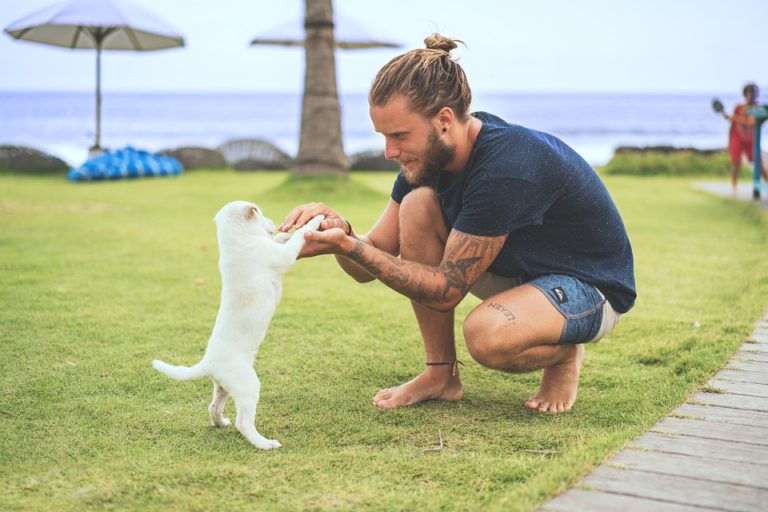
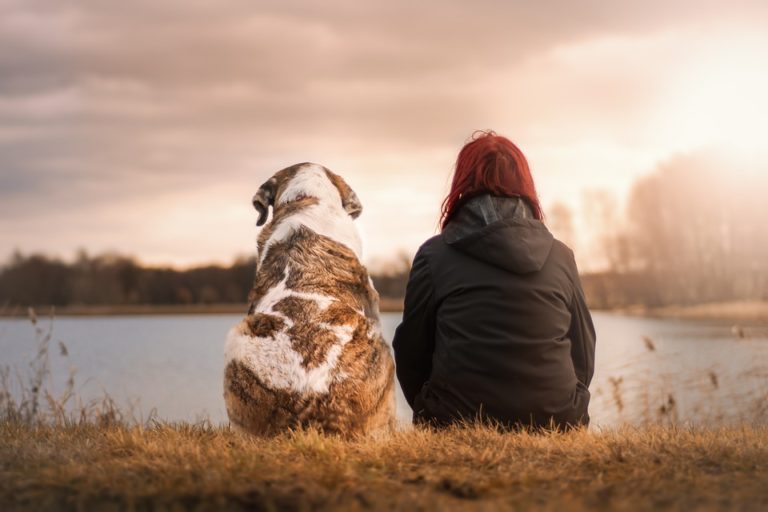
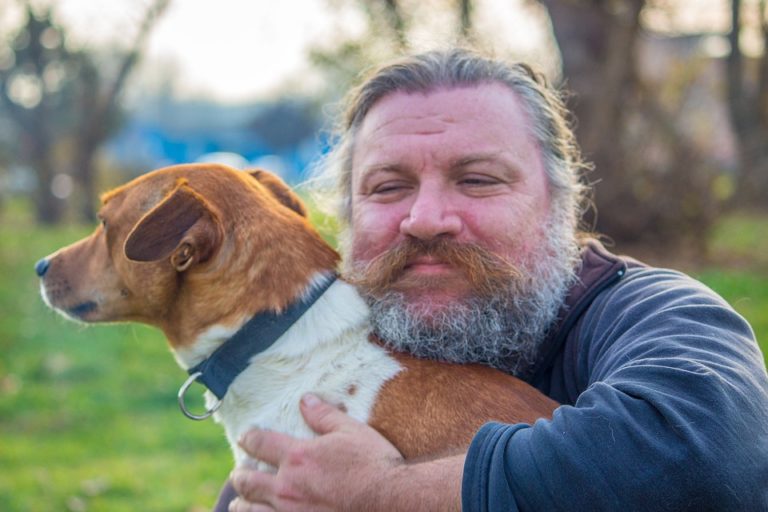

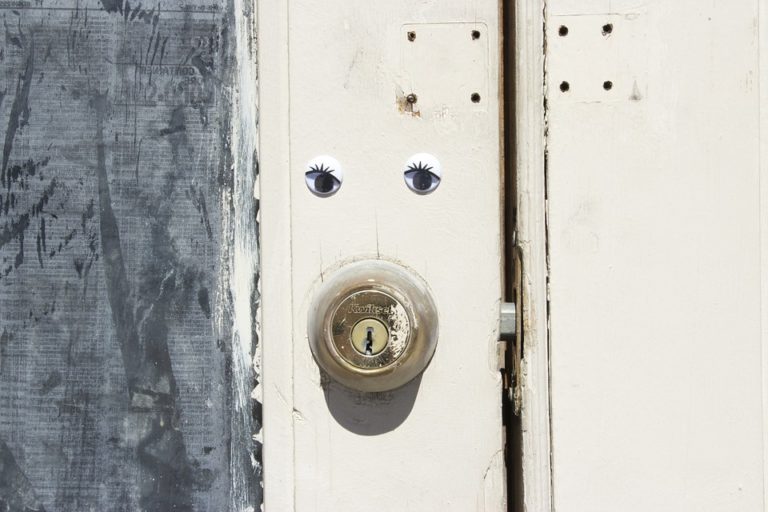
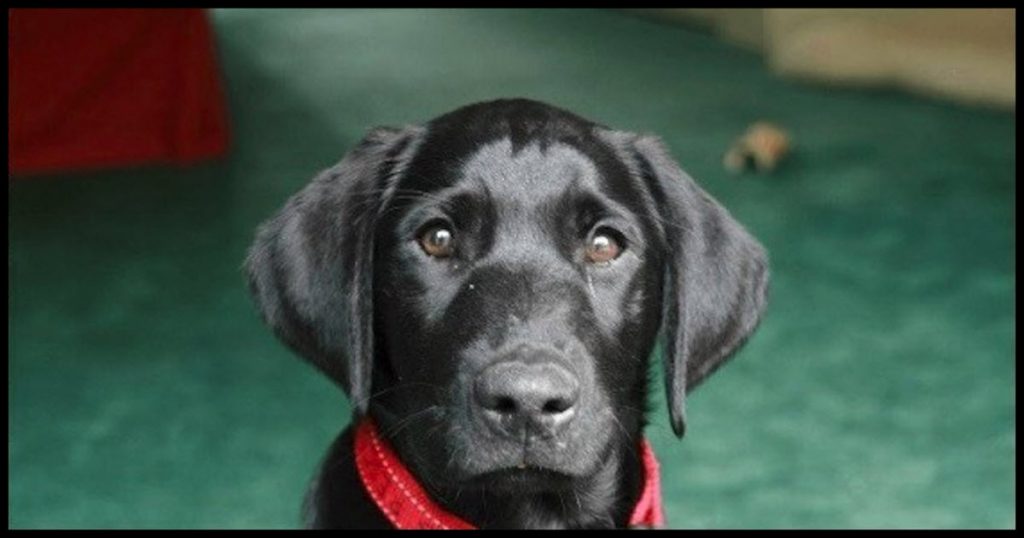




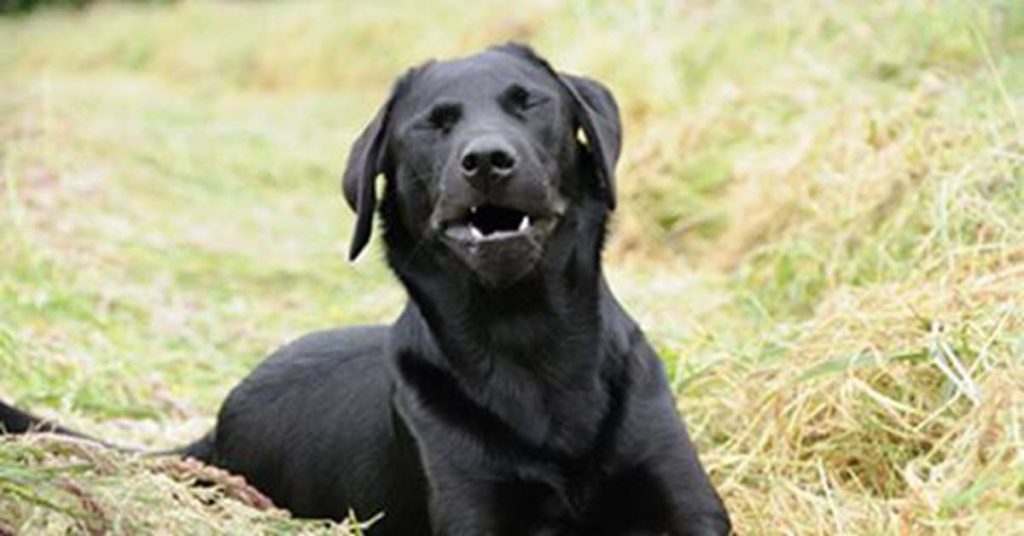
 VIA
VIA 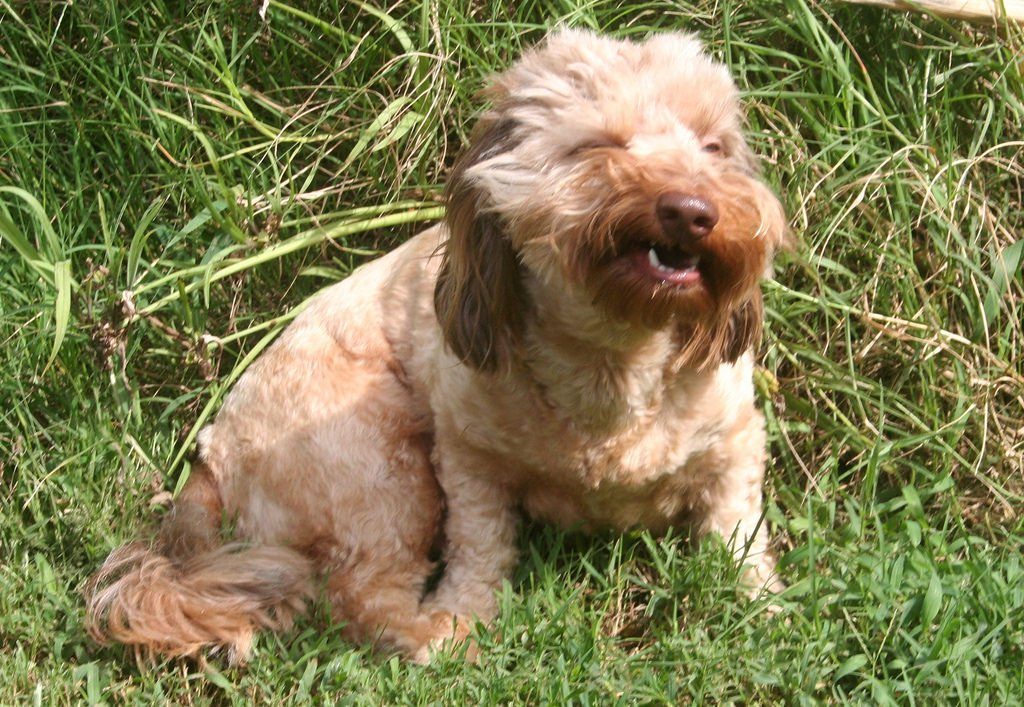 VIA
VIA 